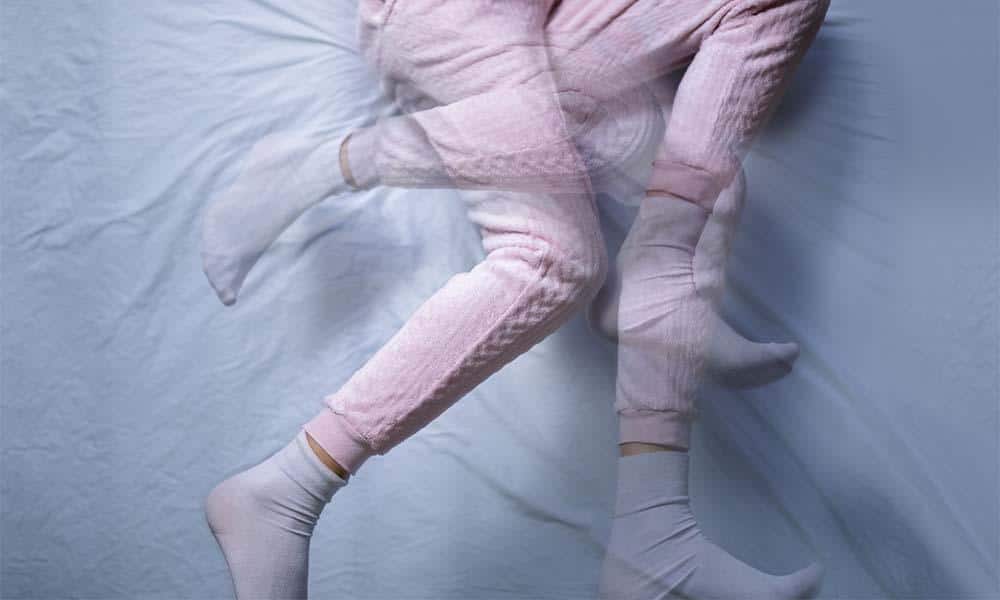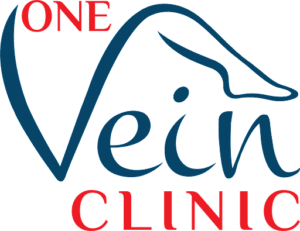There’s a strong link between symptoms of restless leg syndrome and vein disease. In patients with restless leg syndrome who are found to have vein disease, treatment of the underlying vein issue brings relief.
Restless leg syndrome (RLS) affects millions of adults in the United States. RLS causes an intense, uncomfortable sensation in the legs that trigger a strong urge to move the legs. Some people describe it as a tugging or itching sensation.
While RLS is classified as a neurological condition, many people with RLS have venous insufficiency, and treatment significantly improves restless leg syndrome. Vein specialist Dr. Fawzi Farha, MD, and the team at One Vein Clinic in Augustine, Florida, evaluate and treat vein diseases. There’s a link between RLS and venous insufficiency, which occurs when vein valves in the legs weaken and allow blood to pool in the legs.
Patients with RLS and venous insufficiency may benefit from treatment.
Living with Restless Leg Syndrome
Restless legs syndrome can significantly impact your quality of life and overall health, primarily because it interferes with your ability to sleep. RLS symptoms frequently worsen before bedtime, making it difficult to fall asleep normally. Many patients with RLS not only have trouble falling asleep but report frequently waking during the night and failing to get a good night’s rest.
Sleep deprivation affects your entire body. During the day, you may feel physically, emotionally, and mentally exhausted. Working can be difficult due to a lack of energy and trouble concentrating.
Restless legs syndrome can affect anyone, and some people with mild symptoms aren’t even aware they have it. The symptoms may emerge earlier in life and worsen with age, becoming increasingly difficult to ignore.
What Causes RLS?
RLS is a neurological disorder caused by an imbalance of a chemical in the brain called dopamine. Low iron levels are also leaked to RLS. Massage, stretching, exercise like walking, and limiting your caffeinated beverages and alcohol intake may provide some relief. However, these are short-term solutions.
Chronic vein disease is one of the known causes of RLS. Treatment of underlying venous insufficiency improves RLS symptoms.
RLS Improves with Venous Insufficiency Treatment
Research shows treating venous insufficiency relieves RLS symptoms in 98% of patients with both venous insufficiency and RLS. In venous insufficiency, vein valves are damaged and unable to work as efficiently as they should. Vein valves normally keep blood flowing in one direction toward the heart. Damaged valves have trouble pushing against gravity to keep blood going in the right direction. As a result, some blood flows backward, causing pooling and increasing the pressure against the vein walls. Venous insufficiency causes varicose veins and can contribute to restless leg syndrome.
Endovenous Ablation
Fortunately, venous insufficiency can be effectively treated, thus improving RLS symptoms. Endovenous ablation is a minimally invasive procedure that uses gentle heat to close damaged veins.
Endovenous ablation improves vascular health and relieves leg cramping and associated RLS symptoms. Treatment typically takes less than an hour, and patients can return to normal activities with only mild soreness and bruising.
Vein Treatment for Restless Leg Syndrome
Our team will start by identifying problems using an ultrasound study of the legs. Once damaged veins are identified, we can discuss treatment options. We have several ways to treat venous insufficiency. Dr. Farha will discuss which one is best for you and your veins. You don’t have to live with RLS or varicose veins. Come see us and be on your way to healthier legs.




